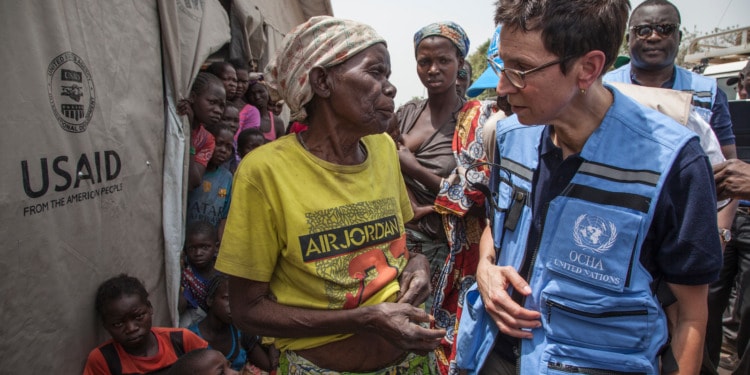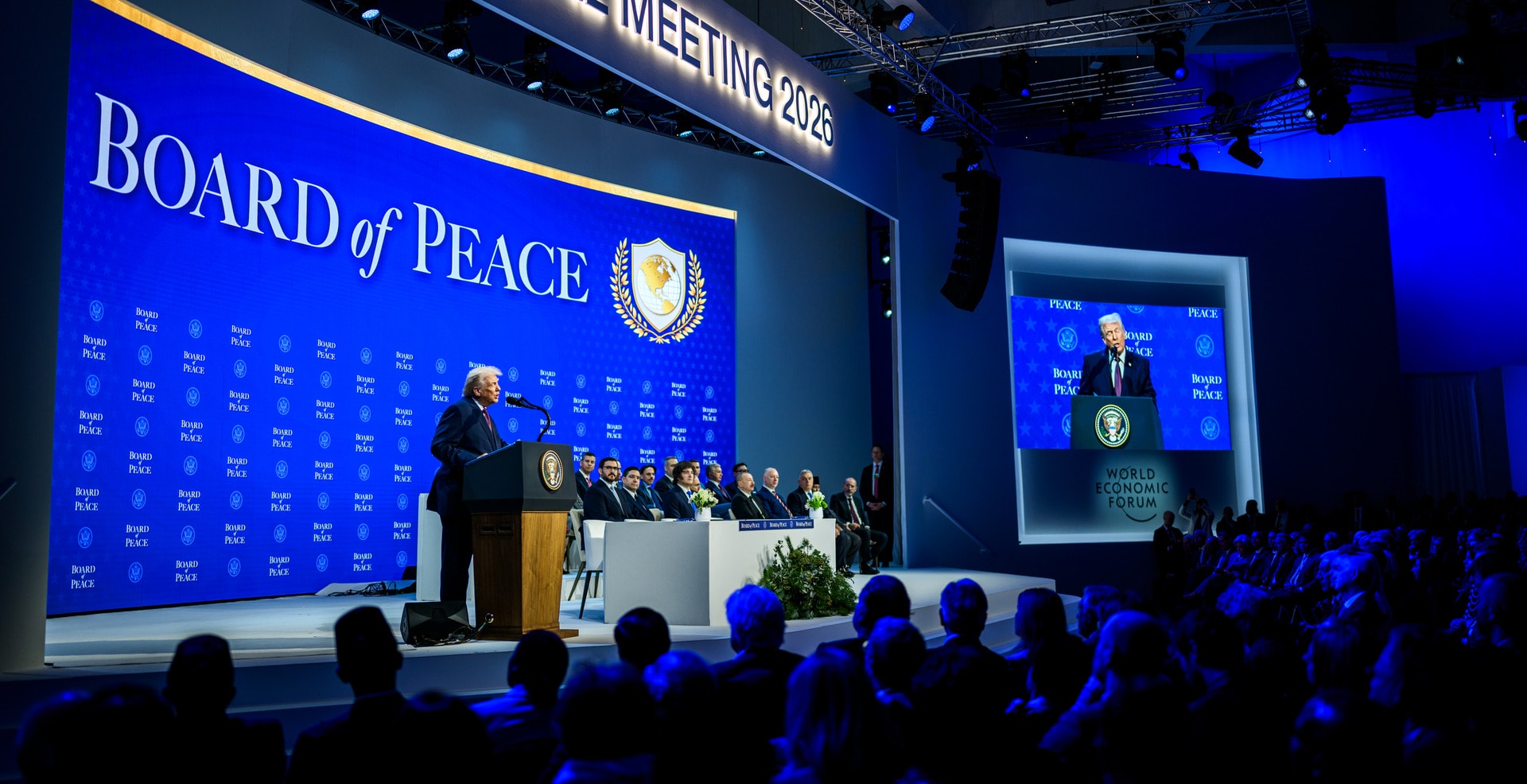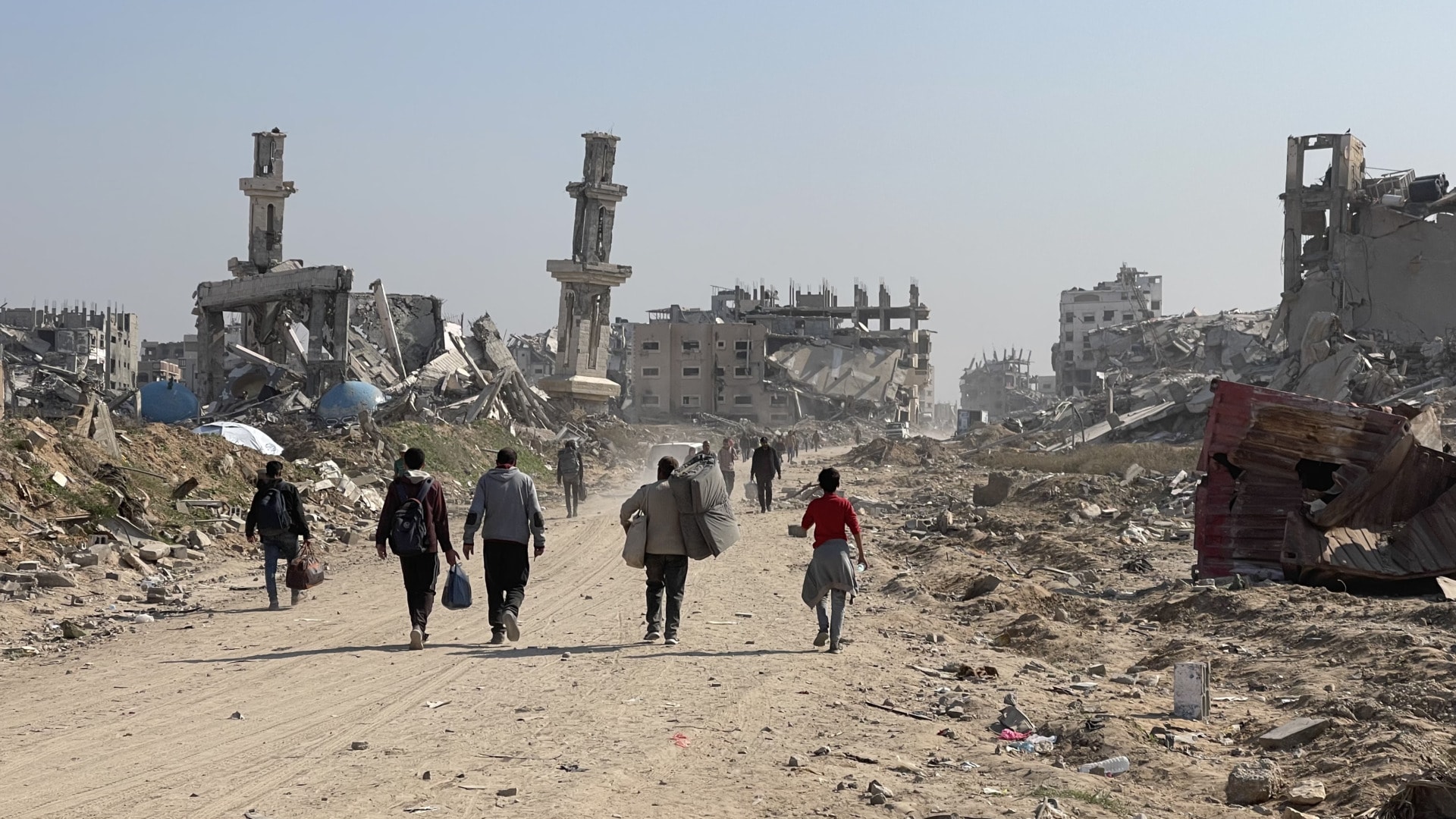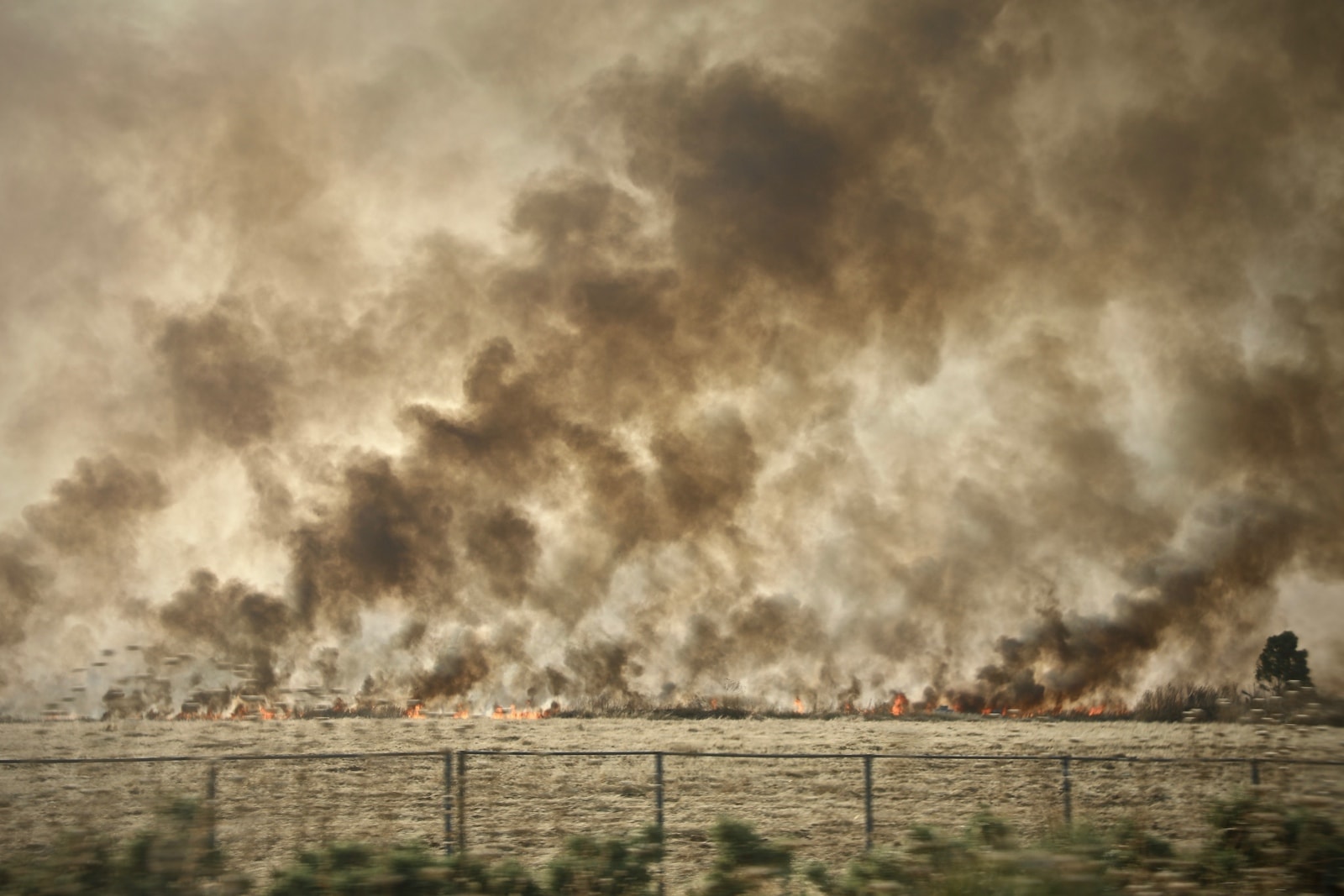Founded in 1945 to maintain international peace and security, cooperate on economic, social, and cultural problems, and promote human rights, the United Nations has been under intense scrutiny for nearly 75 years of existence. What was hoped and what has become reality was succinctly expressed by the Second UN Secretary-General Dag Hammarskjold in a speech in May 1954:
“The UN was not created to take mankind to heaven but to save humanity from hell.”
Today there are those who see the United Nations as an ineffective, bloated bureaucracy that could not prevent or condemn acts of war or human violations, for example in the Rwanda civil conflict, in Darfur or Yemen…and now in Ukraine.
But think again: dissolving it would be catastrophic though it could happen.
That “we” would like it to perform better is practically a universal desire. But the counterfactual of it dissolving is horrifying, and yet no longer beyond the realm of the possible.
Many countries that became independent after World War II see the UN as the creation of the victors of that global conflict, mostly American, British and to a lesser degree French — Western capitalism and notions of exporting “democracy.”
Now, other second-tier founders — the successors to then China and the Soviet Union — see these institutions as remnants of a dated set of weakened and waning imperial countries.
If China and Russia, its two leaders meeting this week to discuss further cooperation and ostensibly confrontation with the West, were to decide to withdraw from the UN — even if only from the Security Council — this would likely result in many in the South following suit and leaving other entities they see as contrary to their interests, not least the UN’s High Commissioner for Refugees which hosts millions of refugees and asylum seekers in Turkey and Syria, before and after the recent earthquake.
Note in passing, that while not a United Nations body, the International Criminal Court’s decision to indict Vladimir Putin is fully justified given the authorized horrific conduct in Ukraine, but it will be seen as another breakpoint with the West.
In the history of grand global experiments that failed, one need go no further than the League of Nations, which collapsed essentially because the United States did not join, having only just become a big power as a result of engagement in World War I. The League was soon “Dead on Arrival,” which contributed to Germany’s disregard of treaties and other efforts to prevent its rearmament, as did Japan.
Should there be a similar fate for the United Nations, the level of danger for everyone would increase by factors of an incalculable magnitude.
The ongoing work of the World Meteorological Organization (WMO), the Universal Postal Union (UPU), the International Telecommunications Union (ITU), are examples of UN entities coordinating critical areas of our daily lives.
Further, over a dozen current UN peacekeeping operations are in place around the world, with over 100,000 military, police and civilian personnel from 125 countries currently serving in 14 peacekeeping operations.
Further, UN humanitarian agencies are assisting over one billion people with essential survival needs. In total, some 80 related agencies, organizations, subsidiary bodies, programmes and independent offices are currently part of the UN system, as shown in the UN system chart below:
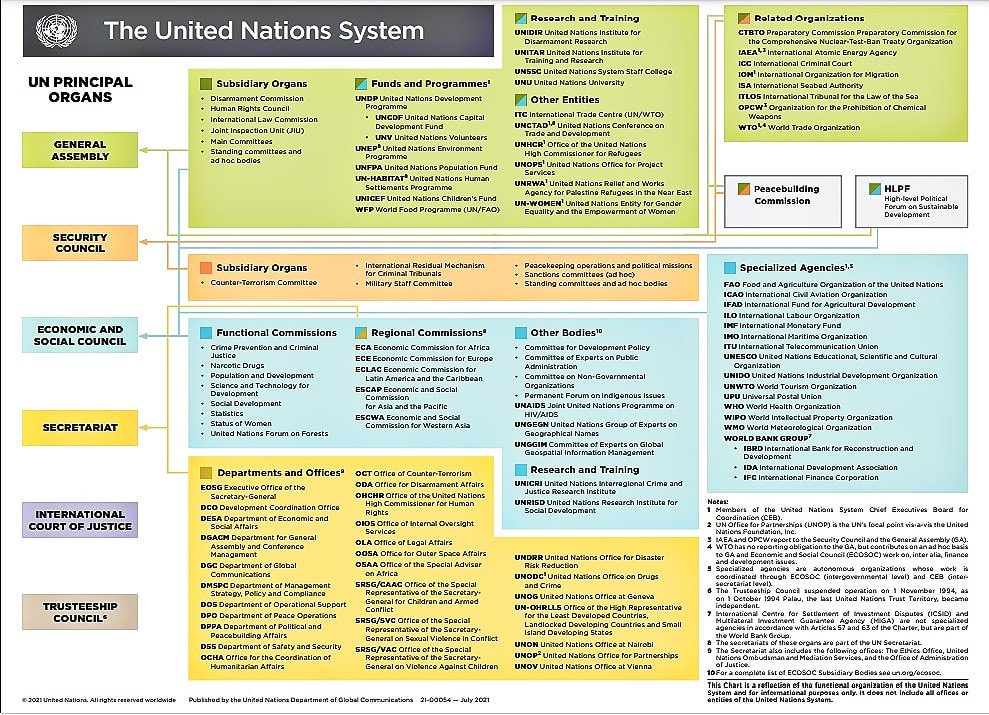
As the above chart amply demonstrates, every possible area of human activity is included – technical, economic, social, cultural, legal, medical – and every major issue concerning groups and communities of humans, from children and women to LGBTQ+ and Indigenous People is addressed by one or more of the entities listed here; even animals and the environment have dedicated organizations: The UN has the Anthropocene covered.
Perhaps, what is most remarkable, is that, despite the high number of entities, their mandates are kept separate and when appropriate, every effort is made to ensure that they are complementary and coordinated.
Indeed, coordination and collaboration are at the core of the UN 17 Sustainable Development Goals and made explicit in Goal 17 which calls for strengthening the means of implementation and revitalizing the global partnership for sustainable development — in short, and as it says on the UN website:
To build a better world, we need to be supportive, empathetic, inventive, passionate, and above all, cooperative.
Dangers facing a world without the United Nations
Apart from nuclear capability now being in the hands of many, the speed of technological change — some beneficial of course, but many readily weaponized — means that containing actors across the widening continuum of States and other entities could well become impossible.
The COVID pandemic may turn out to be an early illustration of a world in disorder — indeed the absence of the UN and its Security Council during the pandemic contributed to developing the country’s sense of UN irrelevance. Nefarious politicization of the pandemic’s origin points to the potential of weaponized fragmentation of future pandemic prevention or response, likely at an enormous human cost.
The Ukraine war is another example — and we don’t know yet how it will end, but it is already clear that the UN in this conflict is not playing the role it could play and as its founders had envisaged, as an essential instrument to contain war.
Many countries are now present in outer space, and cooperation seems to be failing: Russia recently decided to pull out of the international space station, while China has created its own Tiangong space station.
Such platforms are ostensibly considered science-purposed. Yet other possible uses exist, including satellite platforms for missile launches, providing essentially no warning for those targeted.
Similar scenarios will spin out of control in electronics and artificial intelligence, the boundaries of which offer no notion of what it may mean in disorderly global competition in which nations strive to outwit the enemy. This is not science fiction. These new factors can be seen as contributing to a more dehumanizing, dystopian world.
All of this is not to mention the loss of collaboration for future global public goods, such as climate change, prevention of ocean pollution, and energy security for poorer nations. Without the UN and its agencies, these goals will become distant mirages.
Looking forward: “Law of nations” or something else?
In his recent piece, entitled “The Future of Europe in a World of Deep Disorder”, Martin Wolf mentions Immanuel Kant’s vision of “perpetual peace” founded on a state-based “law of nations.” Our ecosystem has since become much more complex. We now live in a world characterized by disorder, nationalism, and great-power conflict.
If there is any hope for some modicum of “peace,” it is not just European leaders, but leaders everywhere who need to find a common cause for a rule-based international order.
This brings us back to the importance of the United Nations. As noted, some parts of the UN system work better than others, no doubt, but all are tied to the overarching UN framework and our current world order. It is time to get beyond the order established in past years and look creatively for future ways to engage those who might consider leaving, especially Russia and China.
Our collective interest, nay survival, may well depend on the wisdom of those countries which built and maintain controlling interest, to have the foresight to review, propose and at least in good faith explore ways to make the existing institutional pillars more “democratic” today.
The United States played a major role in the founding of the United Nations, and as President Truman said, addressing himself to the San Francisco Conference in 1945:
“The Charter of the United Nations which you have just signed is a solid structure upon which we can build a better world. if we fail to use it, we shall betray all those who have died so that we might meet here in freedom and safety to create it. If we seek to use it selfishly – for the advantage of any one nation or any small group of nations — we shall be equally guilty of that betrayal.”
This is the existential challenge, one front and center for all of us: The choice by all will shape, if not determine, our collective future.
Editor’s Note: The opinions expressed here by the authors are their own, not those of Impakter.com — In the Featured Photo: An elderly shows her empty stomach to ASG/DERC Mueller. Despite food distributions that have started since 11 January, resources have been tight due to the arrival of a large number of displaced. Paoua hosts over 65,000 IPDs. — Featured Photo Credit: © UN OCHA.


